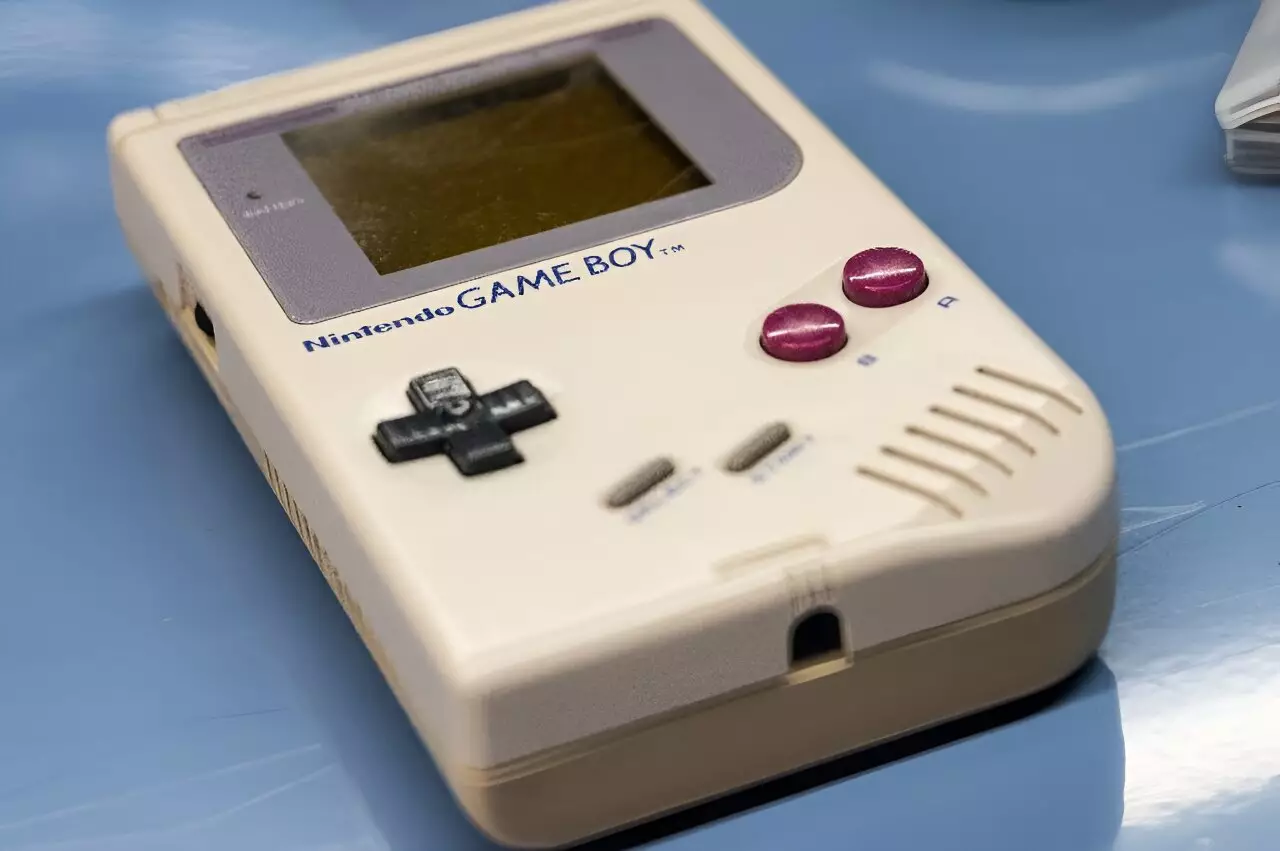The video gaming industry has undergone a transformative journey since the inception of home consoles in the early 1970s. Players have shown an unquenchable thirst for immersive gaming experiences, eagerly welcoming a multitude of consoles that have graced living rooms around the world. Today, an impressive array of popular franchises including “Assassin’s Creed,” “Zelda,” and others testify to the cultural significance of these devices. The cumulative sales figures for the top five consoles alone have surpassed an astounding 700 million units, revealing just how integral they are to gaming culture.
In 2000, Sony unleashed the PlayStation 2, a device that would redefine the gaming landscape. The anticipation culminated in a sensational midnight launch in the United States where crowds thronged stores, sometimes creating chaos to secure the coveted item. The allure of the PlayStation 2 was not just the hardware itself, but its impressive ability to play DVDs and compatibility with the original PlayStation titles. Interestingly, despite a lukewarm initial reception regarding its game lineup, its eventual successes—such as “Grand Theft Auto,” “Final Fantasy,” and “Tekken”—catapulted it into unprecedented commercial success. According to former CEO Jim Ryan, the sales number recently climbed to 160 million, affirming its unparalleled status in console history.
The gaming world experienced another paradigm shift with the arrival of the Nintendo DS between 2004 and 2005. Its dual-screen design paired with built-in internet connectivity elevated handheld gaming to new heights. Nintendo capitalized on beloved franchises like “Mario” and “Zelda,” while also giving rise to innovative titles such as “Animal Crossing” and the unique “Nintendogs.” With total sales exceeding 154 million units, the DS showcased the potential of handheld gaming in becoming cultural touchstones for players worldwide.
Fast forward to 2017, and the Nintendo Switch emerged as another game-changer. Its hybrid design, allowing seamless transitions from home gaming to portable play, resonated with the masses. The Switch quickly gained traction, particularly with the launch of blockbuster titles such as “Zelda: Breath of the Wild” and “Animal Crossing: New Horizons.” The latter found a unique moment of cultural relevancy during the COVID-19 pandemic in 2020, as players turned to virtual environments for social interaction and escapism. As of mid-2023, the Switch’s impressive sales figures have reached approximately 143.4 million units, securing its place in the annals of gaming history.
No discussion of significant consoles would be complete without acknowledging the Game Boy, which paved the way for handheld gaming in the late 1990s. Its compact design and inbuilt pixelated graphics first introduced players to iconic characters such as Pikachu in 1996. The Game Boy series, including its successful 1998 Color variant, sold over 118 million units, largely due to its deep catalog of engaging titles like “Tetris” and “Super Mario Land.” This handheld revolution not only ensured Nintendo’s dominance in the 1990s but fostered the emergence of a gaming franchise culture that thrives today.
The battle between console giants has always been intense, and one of the hallmark clashes occurred between Sony’s PlayStation 4 and Microsoft’s Xbox series. Released in 2013, the PlayStation 4 enjoyed massive success with sales hitting 117 million units, backed by a robust lineup of critically acclaimed games like “The Last of Us” and the “GTA” franchise. The overwhelming popularity of these titles helped solidify Sony’s stronghold in the gaming market.
As the landscape of gaming continues to evolve, with advancements in technology such as virtual reality and cloud gaming on the horizon, the role of consoles remains as vital as ever. The emergence of online multiplayer platforms and digital downloads has been reshaping how players engage with their gaming systems. Nevertheless, the legacies of these consoles serve as crucial milestones that influenced generations of gamers and molded the present-day gaming landscape. As consoles continue to advance, they will undoubtedly remain a focal point in the ever-expanding world of digital entertainment.

